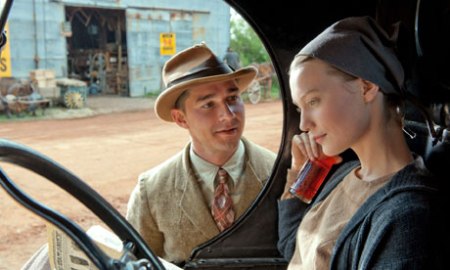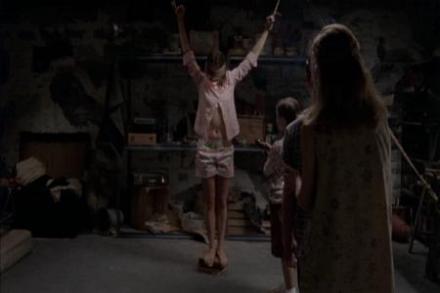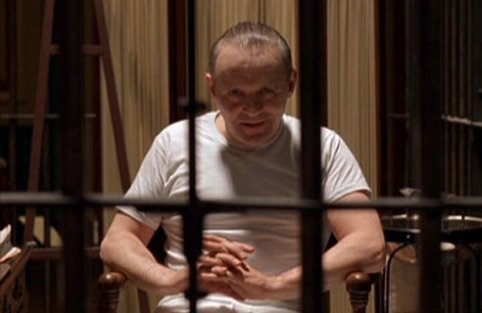David Cronenberg, the master of shock and awe and the creative genius that gave his own unique twist to the body horror sub-genre is one of the finest directors of the twentieth century. The Fly was paranoia and fear at its most terrifying, Videodrome was a voyeuristic masterpiece and arguably my favourite entry into his extensive and incredibly consistent catalogue is Eastern Promises, a gangster epic that utilised its stunning cast and reaped all the benefits. Unfortunately, his follow up to Eastern Promises was A Dangerous Method, a film that I found a tad too dull and mostly ordinary, but admired his craftsmanship to always be trying new challenges. In 2012, he returned in the simplest terms to his ‘roots’. Cosmopolis, in its own right, is a challenging piece of his history, but despite the premise coming from a novel, you can clearly see the aspects of his older films he gained immense influence from.
Videodrome and Crash are the most notable influences for me. Both films feature sex, blood, lust, anger and a growing sense of neurotic discomfort throughout. Cosmopolis, in large, is a film much like those two, and without them, the stylistic presentation by Cronenberg would be absolutely different. Videodrome and Crash, two films that I deeply love are intense and highly demanding experiences for the regular viewer, both relying on shock and suspense at the same time to entertain and terrify the audience. Cronenberg’s unique talent is ever-present throughout this character study of an elusive, deranged and unstable mind.
The writing, more so in the early stages is imposing. To many, and me, it feels clotted and alienating as the feverish nature of the reality that Cronenberg creates does take its time to establish and find its footing. Once it has, however, the film turns into an annihilation of the senses. A true master class of emotion and translucid factuation between our protagonist and the souls he encounters along the way. Robert Pattinson takes on the role as the 28 year old tycoon, lounging around inside his limousine, encountering different characters from all areas of the world in certainly the finest performance of his thus far short career. I always considered his as somewhat of a ‘pretty face’ and not much else, but he delivers in Water For Elephants and Remember Me also, showing compassion and emotion in both those characters, despite their largely ordinary writing.
Cosmopolis’ cast isn’t particularly handled all that superbly, in all honesty. Juliette Binoche, one of the finest French actresses of all-time is wasted in her one scene. Samantha Morton plays a monotonous character and Mathieu Amalric appears out of nowhere. Fortunately, for movie fans, however, the superb Paul Giamatti is utilised in devastating fashion, standing out despite his small appearance in the finale of the film. Cosmopolis, overall, is a film that will frustrate many people and some of the hate is understandable, but like me, if the required patience is there, Cosmopolis is a film that should amaze and astound you throughout. Cinematic brilliance, and from who else but the incredible David Cronenberg?
86/100









